CONCERNS OVER HEALTH SYSTEM COLLAPSE
입력 2022.01.25 (15:40)
수정 2022.01.25 (17:02)
읽어주기 기능은 크롬기반의
브라우저에서만 사용하실 수 있습니다.
[Anchor Lead]
A surge in Covid-19 cases could result not only in the collapse of the health care system but also disrupt logistics, telecommunications and education as well. The government has pledged to devise plans for each sector to prevent that from happening. However, now that the Omicron variant has become a dominant strain in Korea, no concrete measures are being enforced, causing concerns about what might happen when Omicron spreads in earnest.
[Pkg]
The Ministry of Health and Welfare, a key player in the country's fight against Covid-19, has been hit by a coronavirus outbreak among its employees. Of the 24 ministry officials infected with the virus, two are in charge of pandemic response. A police station in Siheung, Gyeonggi-do Province, has seen 30 of its officers get infected. Concerns are growing that if tens of thousands of cases occur daily, essential social functions such as health care, logistics and education could be paralyzed. Health authorities are discussing emergency plans for various government ministries.
[Soundbite] Jeong Eun-kyeong(KDCA Director) : "We are preparing 'business continuity plans' so that essential workers can continue to function when a large number of people are infected or close contacts occur."
Two weeks ago the government pledged to devise guidelines for each sector to keep essential social functions running. However, there are no detailed, clear guidelines as of yet. Omicron-tailored guidelines are needed urgently so that companies in the areas of transportation, logistics and telecommunications can swiftly respond to outbreaks.
[Soundbite] Prof. Hong Yun-chul(Seoul National University College of Medicine) : "We should provide proper medical response while maintaining daily activities to some extent. We need a response system at all times, as it's going to be for the long haul."
Health authorities will present emergency guidelines for hospitals this week. They also promised to examine and come up with measures for other sectors as soon as possible.
A surge in Covid-19 cases could result not only in the collapse of the health care system but also disrupt logistics, telecommunications and education as well. The government has pledged to devise plans for each sector to prevent that from happening. However, now that the Omicron variant has become a dominant strain in Korea, no concrete measures are being enforced, causing concerns about what might happen when Omicron spreads in earnest.
[Pkg]
The Ministry of Health and Welfare, a key player in the country's fight against Covid-19, has been hit by a coronavirus outbreak among its employees. Of the 24 ministry officials infected with the virus, two are in charge of pandemic response. A police station in Siheung, Gyeonggi-do Province, has seen 30 of its officers get infected. Concerns are growing that if tens of thousands of cases occur daily, essential social functions such as health care, logistics and education could be paralyzed. Health authorities are discussing emergency plans for various government ministries.
[Soundbite] Jeong Eun-kyeong(KDCA Director) : "We are preparing 'business continuity plans' so that essential workers can continue to function when a large number of people are infected or close contacts occur."
Two weeks ago the government pledged to devise guidelines for each sector to keep essential social functions running. However, there are no detailed, clear guidelines as of yet. Omicron-tailored guidelines are needed urgently so that companies in the areas of transportation, logistics and telecommunications can swiftly respond to outbreaks.
[Soundbite] Prof. Hong Yun-chul(Seoul National University College of Medicine) : "We should provide proper medical response while maintaining daily activities to some extent. We need a response system at all times, as it's going to be for the long haul."
Health authorities will present emergency guidelines for hospitals this week. They also promised to examine and come up with measures for other sectors as soon as possible.
■ 제보하기
▷ 카카오톡 : 'KBS제보' 검색, 채널 추가
▷ 전화 : 02-781-1234, 4444
▷ 이메일 : kbs1234@kbs.co.kr
▷ 유튜브, 네이버, 카카오에서도 KBS뉴스를 구독해주세요!
- CONCERNS OVER HEALTH SYSTEM COLLAPSE
-
- 입력 2022-01-25 15:40:39
- 수정2022-01-25 17:02:10
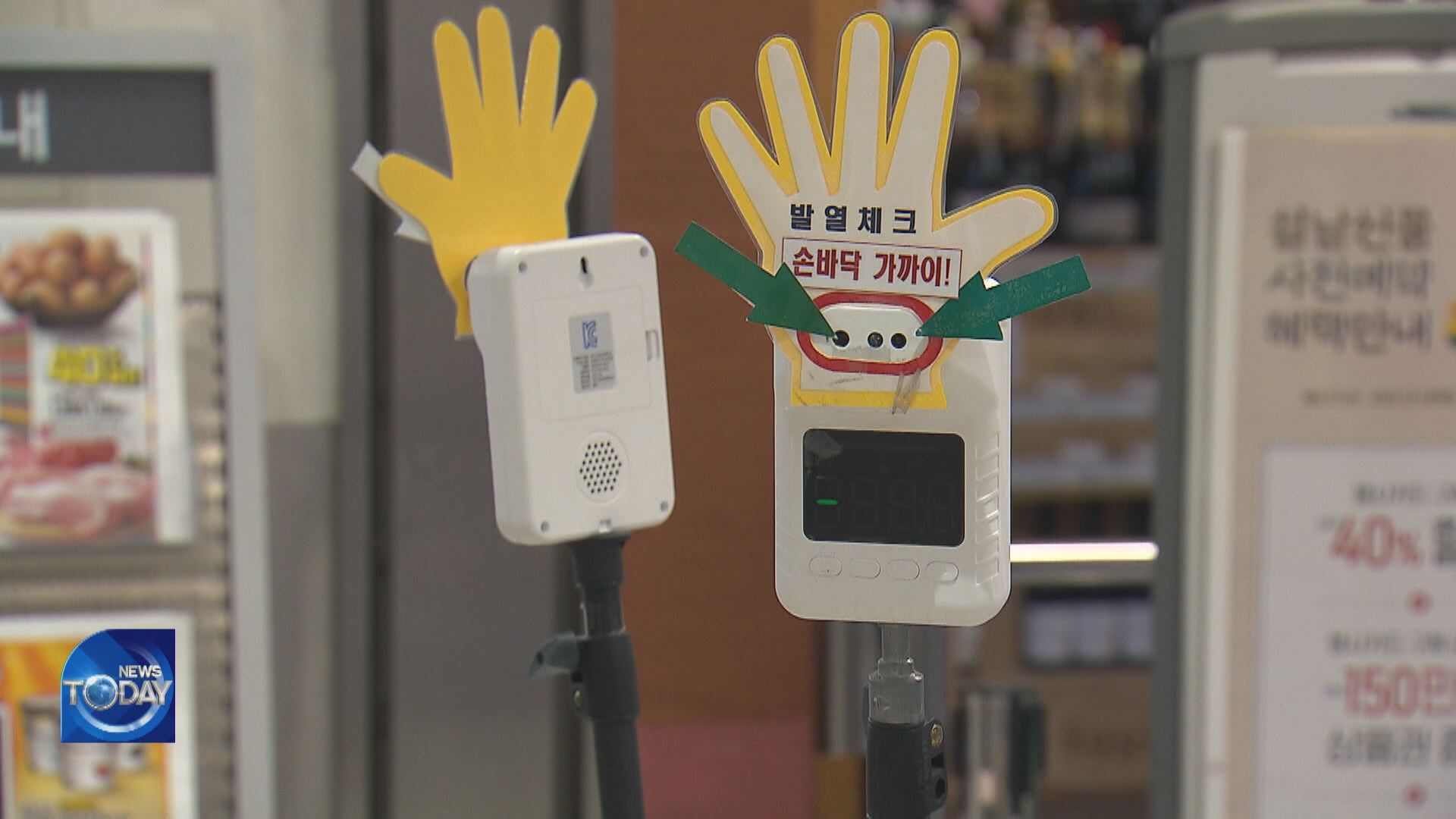
[Anchor Lead]
A surge in Covid-19 cases could result not only in the collapse of the health care system but also disrupt logistics, telecommunications and education as well. The government has pledged to devise plans for each sector to prevent that from happening. However, now that the Omicron variant has become a dominant strain in Korea, no concrete measures are being enforced, causing concerns about what might happen when Omicron spreads in earnest.
[Pkg]
The Ministry of Health and Welfare, a key player in the country's fight against Covid-19, has been hit by a coronavirus outbreak among its employees. Of the 24 ministry officials infected with the virus, two are in charge of pandemic response. A police station in Siheung, Gyeonggi-do Province, has seen 30 of its officers get infected. Concerns are growing that if tens of thousands of cases occur daily, essential social functions such as health care, logistics and education could be paralyzed. Health authorities are discussing emergency plans for various government ministries.
[Soundbite] Jeong Eun-kyeong(KDCA Director) : "We are preparing 'business continuity plans' so that essential workers can continue to function when a large number of people are infected or close contacts occur."
Two weeks ago the government pledged to devise guidelines for each sector to keep essential social functions running. However, there are no detailed, clear guidelines as of yet. Omicron-tailored guidelines are needed urgently so that companies in the areas of transportation, logistics and telecommunications can swiftly respond to outbreaks.
[Soundbite] Prof. Hong Yun-chul(Seoul National University College of Medicine) : "We should provide proper medical response while maintaining daily activities to some extent. We need a response system at all times, as it's going to be for the long haul."
Health authorities will present emergency guidelines for hospitals this week. They also promised to examine and come up with measures for other sectors as soon as possible.
A surge in Covid-19 cases could result not only in the collapse of the health care system but also disrupt logistics, telecommunications and education as well. The government has pledged to devise plans for each sector to prevent that from happening. However, now that the Omicron variant has become a dominant strain in Korea, no concrete measures are being enforced, causing concerns about what might happen when Omicron spreads in earnest.
[Pkg]
The Ministry of Health and Welfare, a key player in the country's fight against Covid-19, has been hit by a coronavirus outbreak among its employees. Of the 24 ministry officials infected with the virus, two are in charge of pandemic response. A police station in Siheung, Gyeonggi-do Province, has seen 30 of its officers get infected. Concerns are growing that if tens of thousands of cases occur daily, essential social functions such as health care, logistics and education could be paralyzed. Health authorities are discussing emergency plans for various government ministries.
[Soundbite] Jeong Eun-kyeong(KDCA Director) : "We are preparing 'business continuity plans' so that essential workers can continue to function when a large number of people are infected or close contacts occur."
Two weeks ago the government pledged to devise guidelines for each sector to keep essential social functions running. However, there are no detailed, clear guidelines as of yet. Omicron-tailored guidelines are needed urgently so that companies in the areas of transportation, logistics and telecommunications can swiftly respond to outbreaks.
[Soundbite] Prof. Hong Yun-chul(Seoul National University College of Medicine) : "We should provide proper medical response while maintaining daily activities to some extent. We need a response system at all times, as it's going to be for the long haul."
Health authorities will present emergency guidelines for hospitals this week. They also promised to examine and come up with measures for other sectors as soon as possible.
이 기사가 좋으셨다면
-
좋아요
0
-
응원해요
0
-
후속 원해요
0










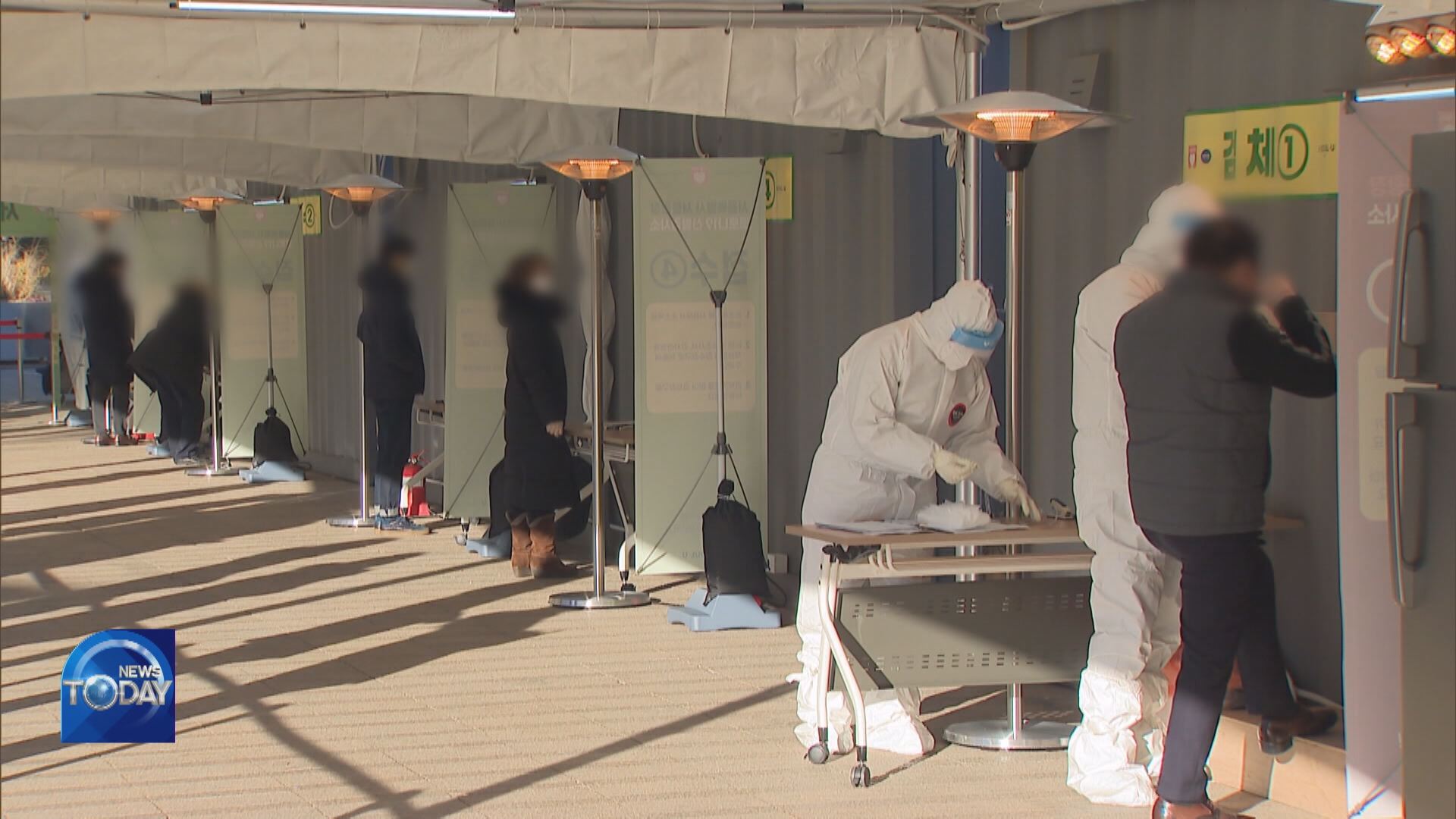
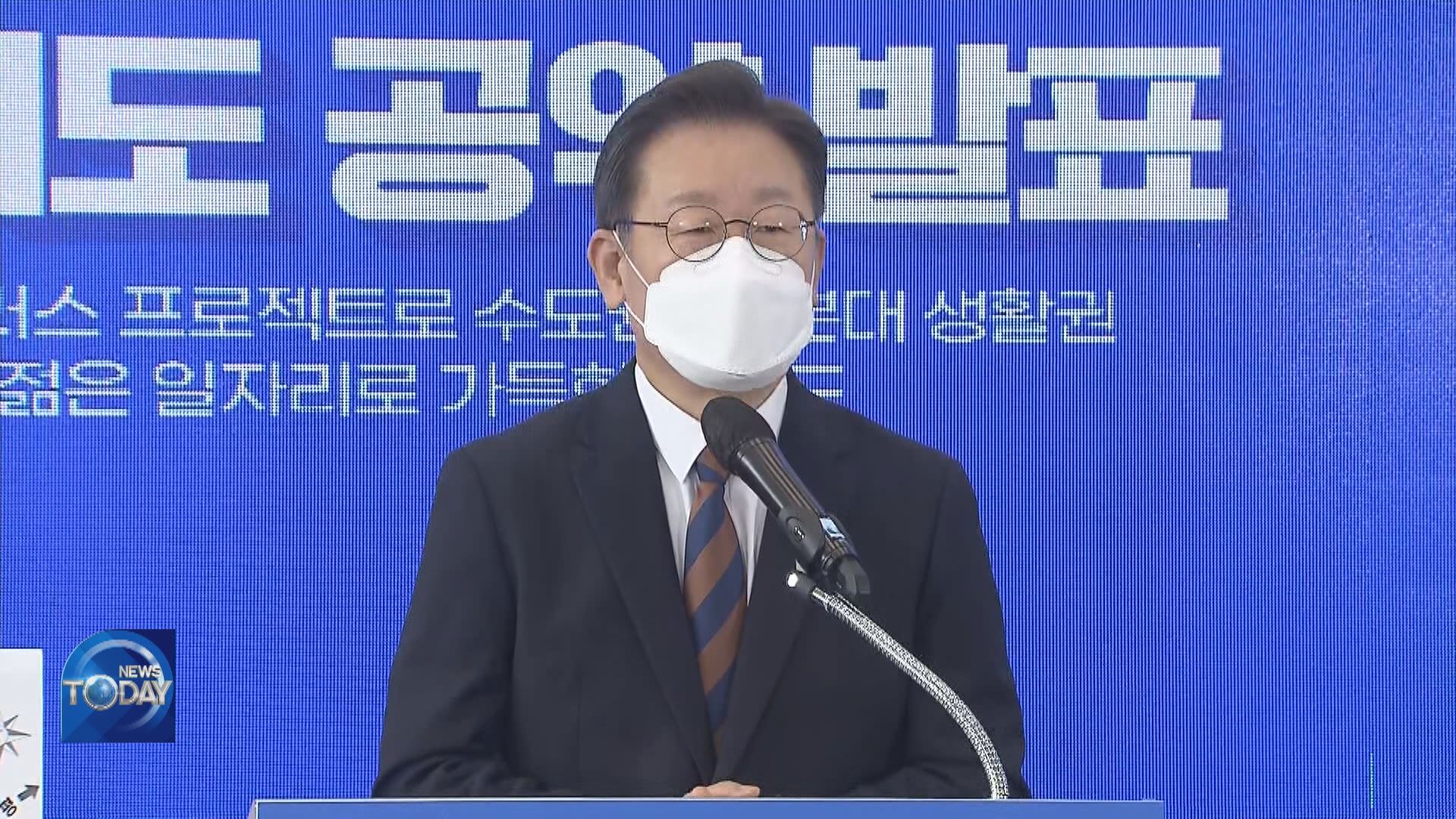
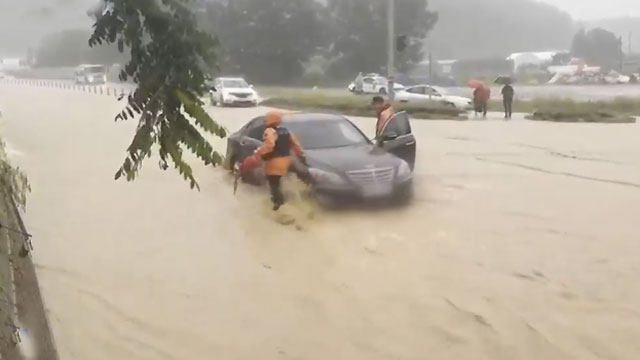
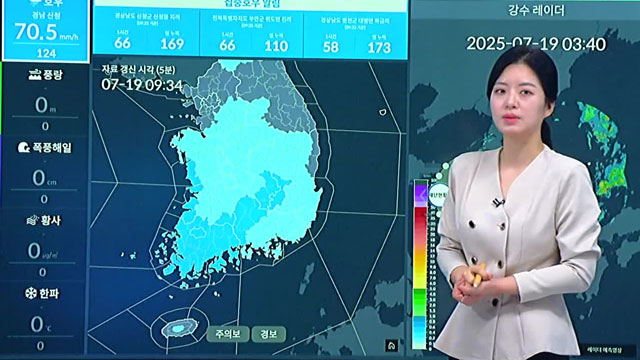



이 기사에 대한 의견을 남겨주세요.